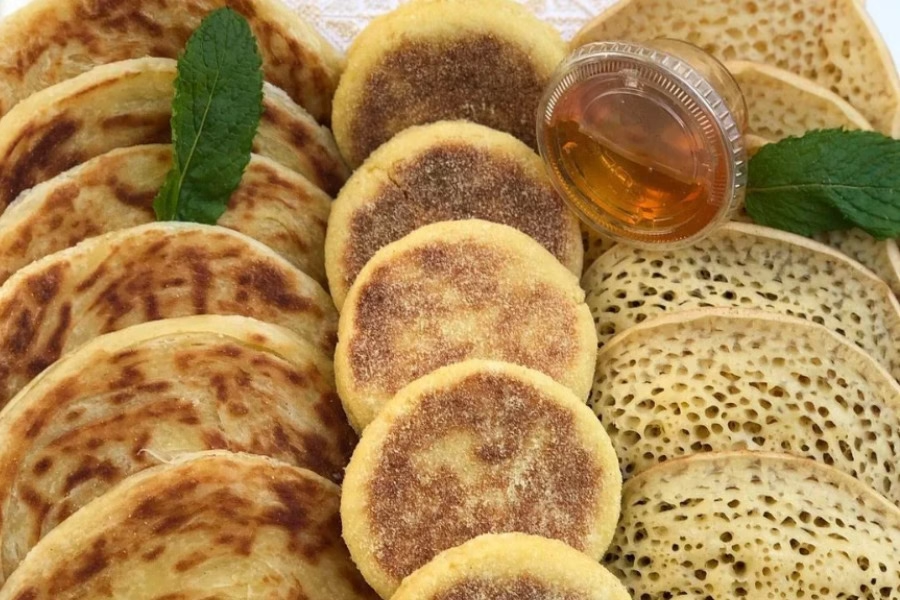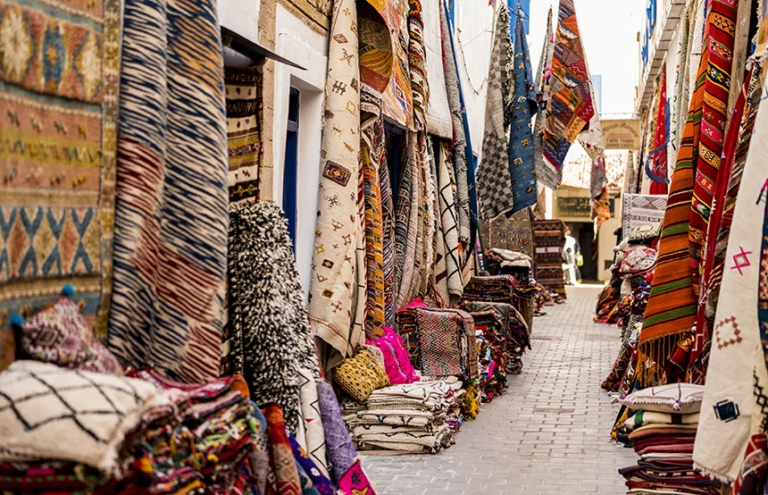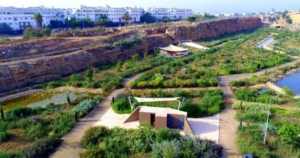Morocco is turning the humble loaf into a powerful tourism magnet.
Fez– Morocco has officially entered the global bakery tourism scene, a movement that is gaining momentum in countries such as Japan, the United States, Portugal, Turkiye, Germany, and Argentina.
According to Travel & Tourism World, this shift marks a new phase in how nations are using their culinary heritage to attract international visitors.
For Morocco, it’s not just about showcasing food, it’s about offering a window into its cultural soul.
Bakery tourism, once considered a niche interest for food enthusiasts, has evolved into a structured form of cultural tourism.
It taps into travelers’ growing desire for authentic, immersive experiences, especially those rooted in local traditions.
As global travel trends continue to shift toward meaningful and experience-driven tourism, Morocco is leveraging one of its most understated yet powerful assets: the enduring art of breadmaking.
Morocco’s rich and diverse bread-making practices, still very much alive in cities like Marrakech and Fez, provide exactly that.
In these cities, communal ovens are more than functional, they’re integral to the fabric of daily life. Families bring their handmade dough to be baked in these neighborhood ovens, following rituals that have remained largely unchanged for generations.
This collective act isn’t just practical, it is deeply symbolic, reflecting the value Moroccans place on community, tradition, and continuity.
The Moroccan bakery experience is layered and diverse. Staples such as “msemen” (a flaky, pan-fried flatbread), “harsha” (a semolina-based bread), and “sfenj” (a traditional fried doughnut) are not only culinary staples, but also cultural markers.
They reflect Morocco’s regional variations, social customs, and agricultural legacy.
The rise of bakery tourism has broader implications beyond the culinary sphere. It offers economic potential for small, often family-run bakeries and supports local supply chains.
It also promotes cultural preservation by encouraging younger generations to maintain traditional baking techniques.
Moreover, this trend creates an avenue for cross-cultural connection. Tourists engaging with Moroccan baking traditions are introduced to the rhythms of local life, forming a more nuanced understanding of the country than a typical sightseeing itinerary might offer.
Morocco’s entry into the bakery tourism movement is both timely and strategic.
By investing in this heritage and presenting it with authenticity and respect, Morocco not only enhances its tourism offering but also reaffirms the importance of food as a universal language, one that speaks of history, community, and shared humanity.
Read also: Scientists Say They’ve Discovered a New Color, And No, You’ve Never Seen It Before
















